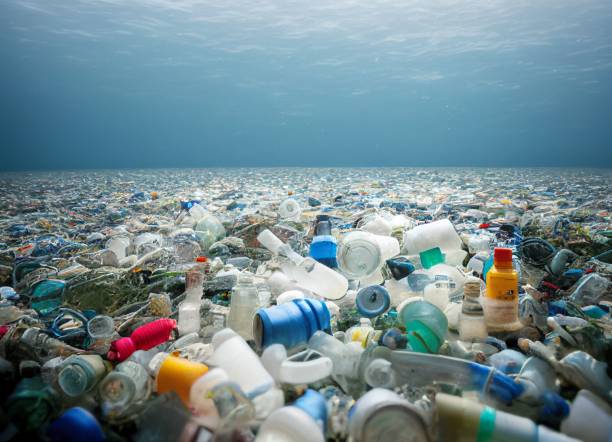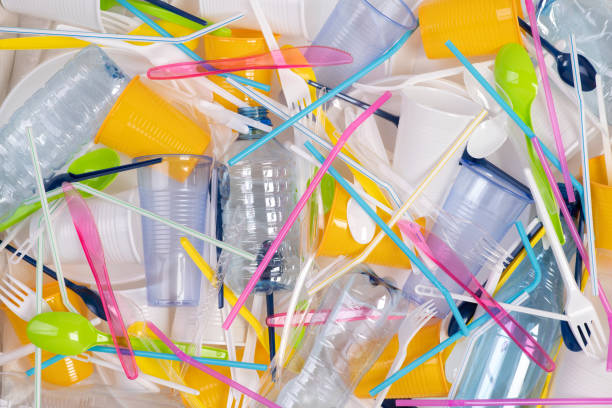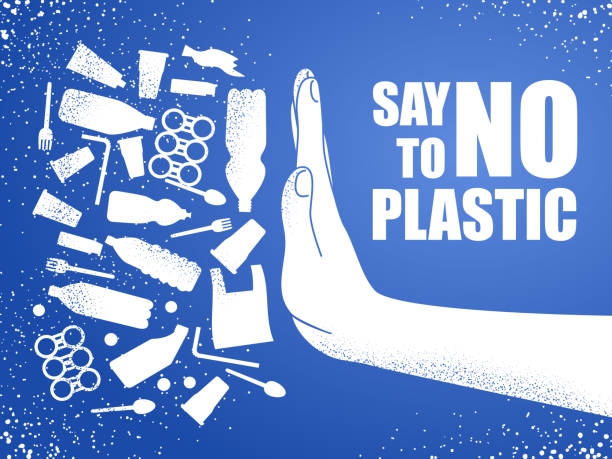
Tariq Siddiqui, Chief Strategist, TS Advisory Services
World Environment Day serves as a powerful reminder for us to reflect on our actions and their impact on the environment. It is a global awareness initiative held annually since 5the June 1973, led by the United Nations Environment Programme (UNEP). It aims to raise awareness and mobilize individuals, communities, businesses and governments to take responsibility, take action and work towards a more sustainable and resilient future for all. It serves as a reminder of the urgent need to address the environmental challenges we face and emphasizes the importance of sustainable practices and conservation efforts.
The theme for World Environment Day 2023 is “Beat Plastic Pollution” which emphasizes the issue of plastic waste growing beyond human control. Urgent action is needed to contain and replace them with environment-friendly materials. The vast accumulation of plastic waste in our oceans, lakes, rivers, and land is not just visually displeasing but also poses a severe threat to humans, plants, wildlife, and ecosystems. The issue of plastic pollution is undeniably real, and the impact of single-use plastics is alarmingly significant.
To grasp the severity and consequences of plastic pollution, ponder over these facts. Let them inspire you to take decisive actions in reducing single-use plastic consumption at all levels:
- Humans use about 1.2 million plastic bottles per minute and approximately 91% of plastic is not recycled.
- Roughly half of our global annual plastic production is destined for a single-use product.
- Around 400 million metric tonnes of plastic are being produced yearly. The amount of plastic produced in a year is roughly the same as the entire weight of humanity.
- Virtually every piece of plastic that was ever made still exists in some shape or form (with the exception of the small amount that has been incinerated).
- Five trillion plastic bags are produced worldwide annually. It can take up to 1,000 years for a bag to disintegrate completely.
- The world uses 500 billion plastic cups every year.
- Around 19-23 million tonnes of plastic end up in our lakes, rivers and oceans every year.
- Plastics that end up in landfills are not harmless. They break down into tiny toxic particles that contaminate the soil and waterways and enter the food chain.
- The estimated annual loss of plastic packaging waste during sorting and processing alone is US$ 80- 120 billion.
- The global production of primary plastic is forecasted to reach 1,100 million tonnes by 2050.
- Plastic waste, whether in a river, the ocean, or on land can persist in the environment for centuries.


Many countries lack the infrastructure to prevent plastic pollution such as: sanitary landfills; incineration facilities; recycling capacity and circular economy infrastructure; proper management and disposal of waste systems. This ultimately have adverse health effects on humans, animals and ecology.
It is essential that we pause and contemplate the consequences of our actions, while actively seeking positive change. Each and every one of us possesses the power to make a difference, be it through our everyday choices or large scale endeavors. Together, we can minimize our carbon footprint, conserve valuable resources, foster biodiversity, and protect the intricate equilibrium of nature.
When you embark on your next shopping trip, take a moment to contemplate the choices you make. Make a conscious decision to select food items that are free from plastic packaging. Equip yourself with a reusable bag, prioritize local products, and opt for refilling containers instead of buying new ones. These small actions have the power to significantly reduce plastic waste and its detrimental impact on the environment. By embracing these practices, we actively contribute to building a more sustainable future and generate a collective impact that extends far beyond our immediate surroundings. Let us unite for the love of our Earth and ensure a sustainable future for all.



